
Teachers often face the challenge of implementing a phonics catch-up programme after a student has missed school. Whether due to illness, travel, relocation, or family circumstances, an extended absence can leave noticeable gaps in phonics knowledge.
In my role as tutor, I’m sometimes called in when a child has missed a stretch of school and needs to catch-up on phonics – quickly.
These situations can be challenging for teachers, so in this blog post, I’m sharing my 5 top tips for a rapid phonics catch-up.
A successful phonics catch-up begins with clear assessment. If you have limited time, you cannot waste it re-teaching what the child has already mastered. You should:
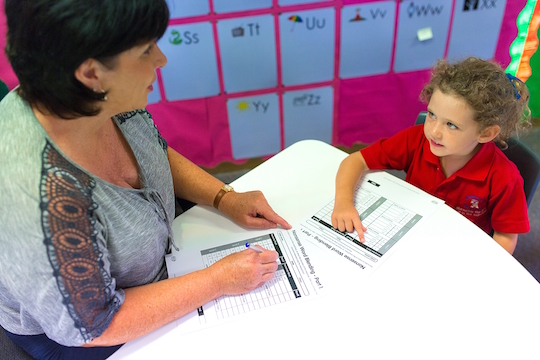
Use your data to begin instruction at the point of need.
A Phonics Hero Teacher Account provides you with free assessment resources for each of the literacy areas mentioned. You might like to read my deep dive into Phonics Assessment to explore phonics testing more widely.
Your phonics catch-up strategy should zero in on the most critical gaps. Reading and spelling depend on knowledge of letter-sound correspondences, so if these aren’t secure, practising blending or segmenting won’t help.
If the child has mastered the sounds but struggles with blending or segmenting, make that your skill focus.
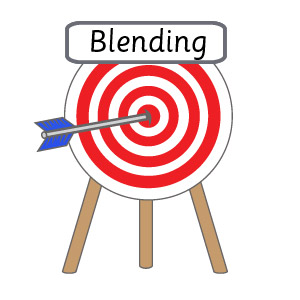 A laser-like focus on the missing skills is critical.
A laser-like focus on the missing skills is critical. Practice in word segmenting and reading/spelling of irregular words is not required for the Phonics Screening Check, so those teachers preparing students for that might want to prioritise letter-sound correspondences and blending.
Remember, prioritising doesn’t mean ignoring comprehension or other literacy aspects. But decoding must come first—children can’t comprehend what they can’t read. Save the shared story sessions for later in the day and give decoding centre stage in the morning.
Phonics Hero breaks phonic skills into six key areas, each addressed separately, so is ideal for skill-targeted practice.
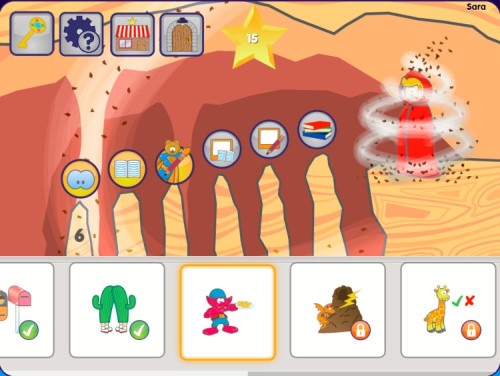 The six skills taught across a level in a Child Account:
The six skills taught across a level in a Child Account: Phonics catch-up is always more rapid when instruction is individualised. As I said earlier, you need to meet children at their point of need—but that can be tricky unless you have resources that allow one group to work independently while you support another.
The Phonics Hero Child Accounts enable teachers to support each student as an individual.
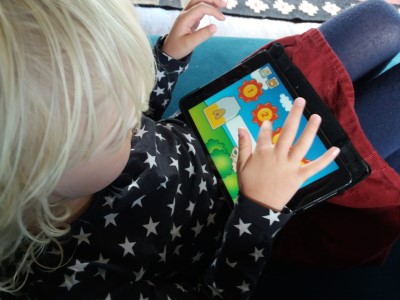 The Phonics Hero games in action.
The Phonics Hero games in action.When children start playing on their Child Account, they take a Placement Test that identifies the most appropriate level for them to start on. Teachers can then set levels and schedule learning. Plus, you’ll have access to over 220 worksheets (both supported and independent). Click the image to see an example worksheet:
Parents can also purchase worksheet packs for Parts 1, 2, and 3 of Phonics Hero, giving students the chance to work at their own pace and level at home.
Students need to be automatic decoders to fully comprehend text. The key to automaticity is practice. Seize every opportunity for extra phonics time—do a little bit, often.
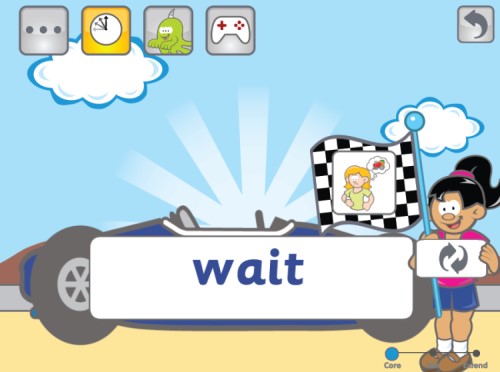 Our no-prep Phonics Lessons Fast Read activity:
Our no-prep Phonics Lessons Fast Read activity: Replace ‘finishing off’ time with ‘phonic fun’ time. You can increase your use of Phonics Hero this way.
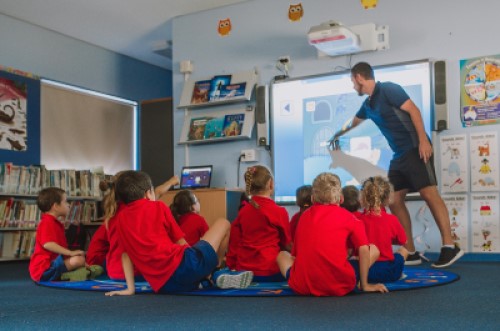
The more senses we involve, the more likely it is that information will be retained. Movement and the use of colour not only make learning fun but help memory. Use colour to show the difference between vowels and consonants, or highlight ‘tricky bits’ in irregular words.
 Phoneme Jumping!
Phoneme Jumping!
Hands-on games are great for engaging students during phonics catch-up time. Try:
Our Home Reader cards are great for printing and using in these games.
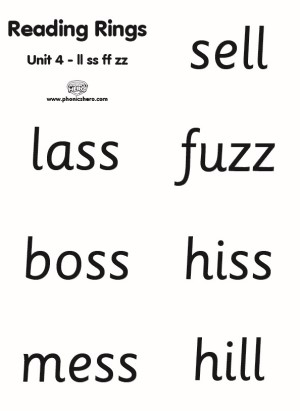 An example set of our Home Reader cards
An example set of our Home Reader cardsExtended absences are a challenge, but phonics catch-up is achievable. Keep your phonics focus laser-like, make practice consistent and engaging, and you’ll see students regain lost ground. From one teacher to another: you’ve got this!